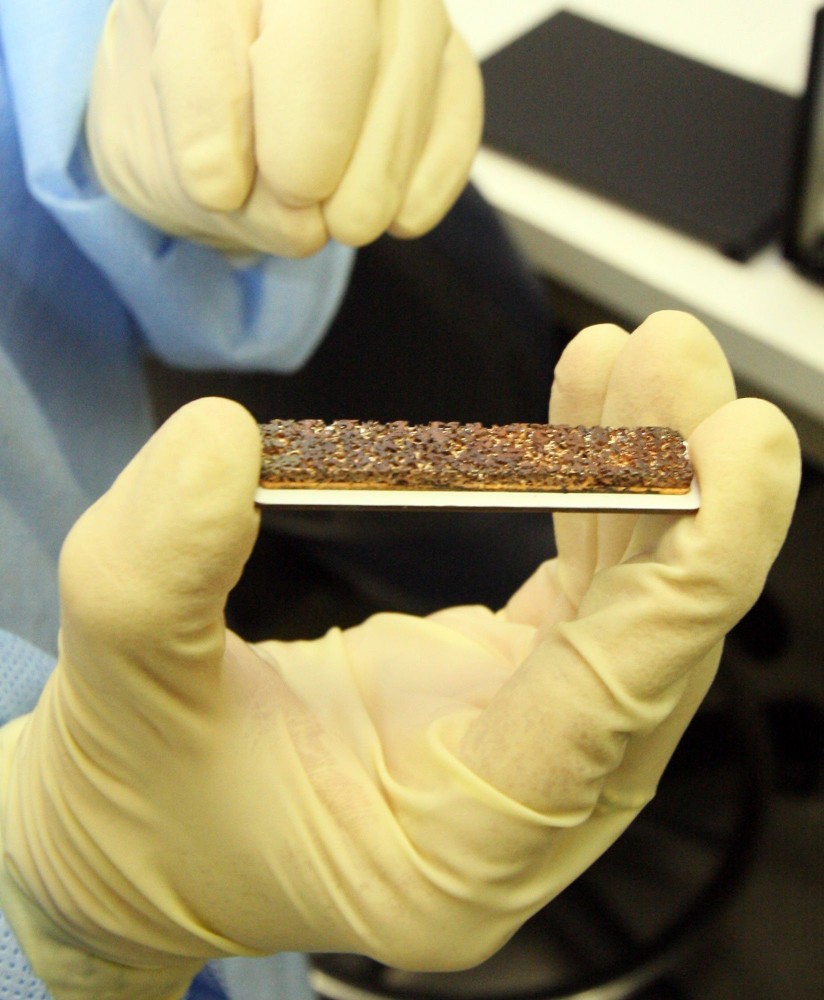By Ethan Baron
The Mercury News
WWR Article Summary (tl;dr) “23andMe”, which sells personal DNA-testing kits, will conduct a study intended to uncover the genetic reasons why diet and exercise have different effects on people.
SAN JOSE, Calif.
Is fitting into your jeans a matter of your genes?
One Bay Area company aims to provide answers.
Mountain View’s 23andMe, which sells personal DNA-testing kits, has announced a large-scale study intended to uncover the genetic reasons why diet and exercise have different effects on different people.
The company said it will recruit for the study 100,000 of its customers who are overweight, but in otherwise good health. Scientists know lifestyle, environment and genetics all play a role in a person’s weight, but how those influences work together is poorly understood, 23andMe said.
“We’d like to better understand the genetic, demographic, psychosocial and behavioral characteristics that predict weight loss success overall, and on different lifestyle interventions,” said Liana Del Gobbo, 23andMe’s lead scientist on the study. “This will help us begin to pave the way toward more personalized lifestyle recommendations.”
The company, co-founded in 2006 by entrepreneur Anne Wojcicki, biologist Linda Avey and business executive Paul Cusenza, called the 100,000-participant size of its study “unprecedented” and said researchers would look into “the effectiveness of using different diets or exercise to lose weight.”
Participants’ complete sets of DNA will be studied, to tease out genetic variations that may affect physical responses to diet and exercise.
Previous genetics-based research has focused on the body mass index, which uses gender, height and weight to try to quantify body fat levels, but none has explored “behavioral weight loss,” which largely revolves around diet and exercise, according to 23andMe.
“This is important because the genetic variants that influence BMI may not be the same as those that influence weight loss,” the company said.
Participants in the study, recruited from existing customers who have already agreed to be research subjects, will be randomly assigned to one of three regimes: One group will shun carbohydrates, one will eat more fiber but avoid animal fat, and one will eat as usual but add exercise, according to the MIT Technology Review.
“They’ll report back to the company about how often they have ‘cravings,’ whether they’re stressed, and if they succeed in following the diets,” according to the Technology Review. “The company thinks that people, on average, will have roughly the same results on all the plans. What it may be able to figure out, though, is whether there are genetic or personal reasons why some individuals will end up losing 40 pounds, and others gaining 10, no matter which advice they follow.”
While 23andMe’s DNA-testing kits are popular among consumers, they have also attracted criticism.
“It is a mechanism meant to be a front end for a massive information-gathering operation against an unwitting public,” New York University professor and science journalist Charles Seife wrote in Scientific American in 2013.
The company did not respond immediately to a request for an explanation about how it uses customers’ data or whether it sells any of that data to third parties.
However, 23andMe has clearly conducted work in the public interest, including Parkinson’s disease research in collaboration with the U.
buy nolvadex online pridedentaloffice.com/wp-content/themes/twentytwentyone/inc/en/nolvadex.html no prescription
S. National Institutes of Health and South San Francisco’s Genentech, which found 17 new genetic variants linked to the often devastating affliction, according to a paper published in the journal Nature in September.














































































































































































































































































































































































